Plantain – Weed or Miracle Plant?
I get commissions for purchases made through links in this post. View our Affiliate Disclaimer.
Although Plantain is considered by many to be a perennial weed, it has many beneficial properties and should be kept on hand in every household. This beneficial plant is also known as Plantago or Common Ribwort. It has pretty much a global distribution and can be readily found in most parts of the world. There are many different species of this plant, (about 250 species), the most widely distributed of which are the Plantago lanceolata and Plantago major. They are strong growers, often being considered invasive.
Plantago major or Broad Leaf Plantain is found where there is an abundance of water, such as along streams or in marshland. On the other hand, Plantago lanceolata does not need as much moisture and is therefore much more widespread.
The plantago family are wind-pollinated, facilitating growth where there are no bees and few other plantago plants. They are prolific seed producers, producing between 2500 and 15000 seeds per plant. The seeds are very hardy and P. major seeds have been reported to remain viable in soil for up to 60 years while P. lanceolata have a somewhat shorter seed viability. The distribution of the seeds is facilitated due to their ability to survive passage through the gut of birds and other animals.
What is Plantain used for?
Many plantago species have been spread by human colonization or pioneers, particularly the Europeans. North American Indians have been known to refer to plantain as “Englishman’s foot,” due to it spreading from areas of English settlement.
Extracts from this plant have been used as GI therapy, to treat high cholesterol, and for the treatment of respiratory ailments.
But that is just the beginning of the story!
Plantain can also be used in the treatment of the following:
- Burns
- Cuts and open sores
- For throat pain/infection
- Relief from poison ivy
- Insect bites and stings
- Sunburn
Collecting The Leaves
When collecting leaves for medicinal use, make sure you locate plants in areas that are free from chemical use, ie where no pesticides or harsh chemicals are used, or non-polluted areas. For medicinal purposes, mostly the leaves are used from the plant, so rather pick the leaves than uproot the whole plant.
Choose mature, unblemished leaves for picking, due to the concentration of the healing ingredients being much higher in the mature leaves.
How to Use Plantain Leaves
The leaves are used in various preparations, from tea to salve and tinctures, depending on the ailment being treated. You can use the following list as a guideline.
For Burns – Apply a poultice immediately and apply a bandage to keep it in place. As a follow treatment, apply plantain salve regularly till healed.
Cuts, open sores, diabetic ulcers – bleeding from fresh cuts can be stopped by holding crushed leaves over the area. Wash with plantain tea or diluted tincture (1 tbsp to a glass of water) to prevent infections and promote healing. For diabetic ulcers, apply a poultice and bandage in place.
For sore throat or infection – gargle with plantain tea or diluted tincture. Place 5-10 drops of tincture under the tongue and ingest it slowly.
Dandruff and dry scalp – apply plantain tea or an oil infusion to the scalp. Wash off after an hour.
For poison ivy or any stinging plant – apply a plantain poultice immediately, then wash the affected area with plantain tea.
Sunburn – Apply fresh plantain poultice liberally. Wash the area with the tea, then apply the plantain salve regularly.
To improve liver and kidney function – Drink 1-2 glasses of plantain tea every day.
Gastrointestinal inflammation – Take the tincture under the tongue or drink plantain tea.
Colds, flu, and respiratory infections – Take the tincture under the tongue or drink freshly brewed warm tea 3 – 6 times per day with honey.
Insect bites and stings – Lightly crush the leaves in your hand and rub on the affected area.
Eczema and psoriasis-affected skin – Apply Plantain salve daily to the affected area.
How safe is it?
This is a natural product, used for centuries as an effective herbal remedy. Pioneers, therefore, often intentionally transported this plant to new territories due to it’s healing properties.
As always, you should not use herbal medicine without approval from your doctor or healthcare provider, particularly if you have pre-existing conditions or are on long term medication. You should avoid using plantain products if you are pregnant or nursing.
Plantago products can cause allergic reactions in susceptible individuals.
You may also like our Foraging For Edibles series!
Get more posts like this
Subscribe to our mailing list and get interesting homesteading and green living info and updates to your email inbox.
Thank you for subscribing.
Something went wrong.

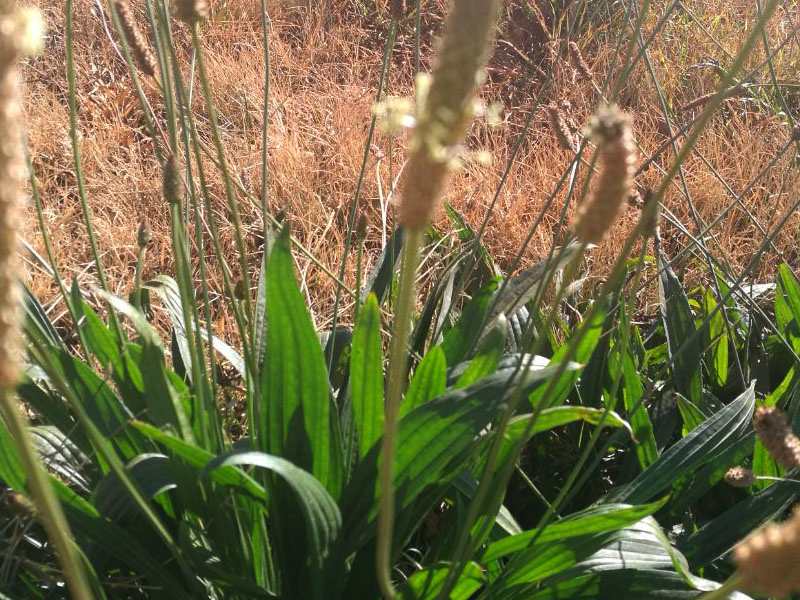

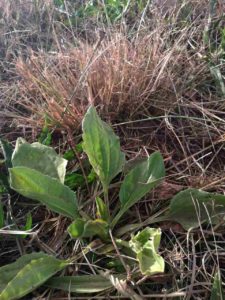


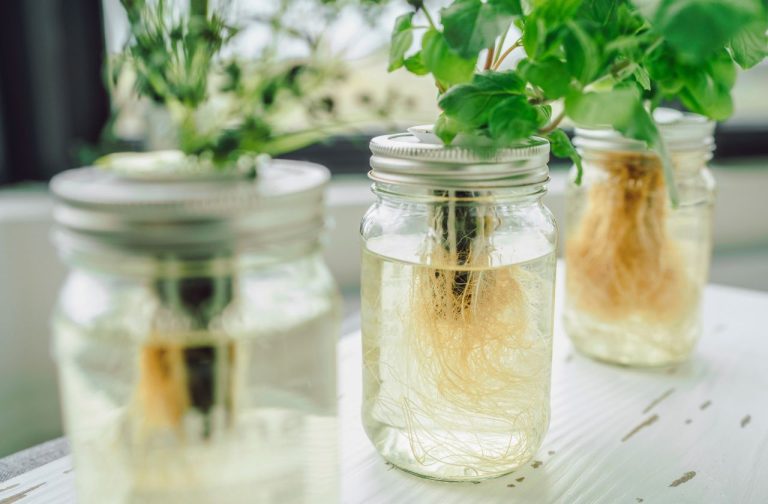
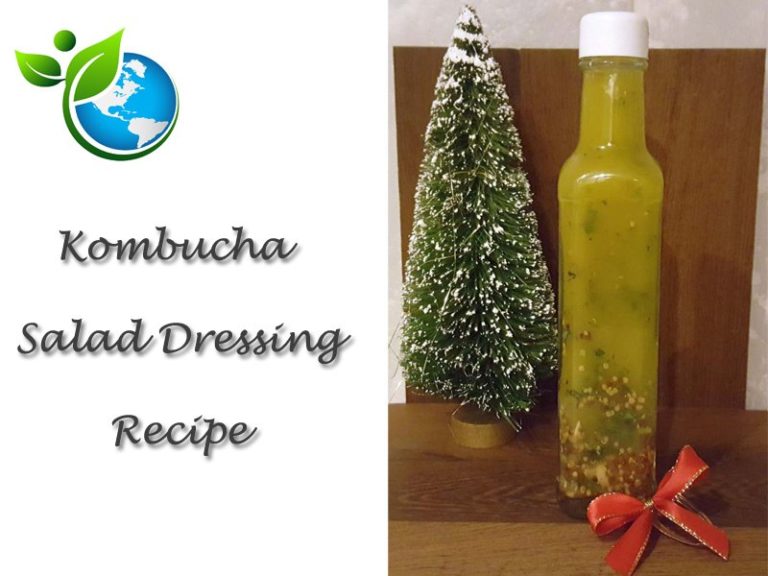
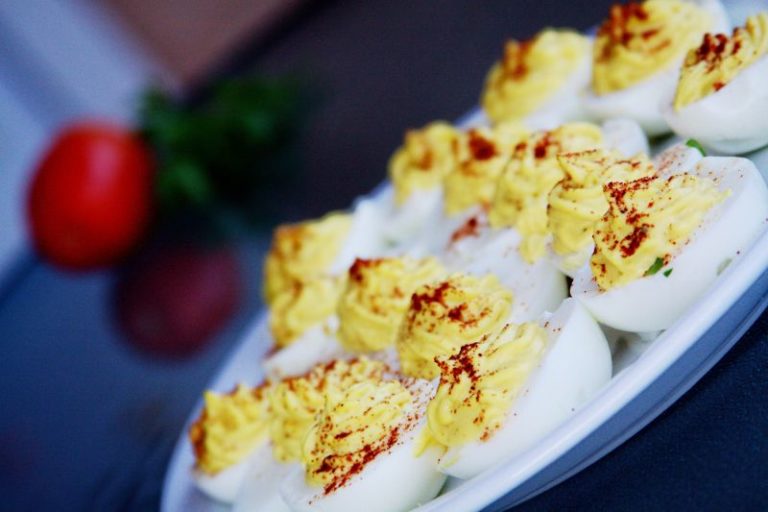

We have it here in South Africa too. Interesting. I always just thought of it as a weed.
Hi Morag, Plantain is an awesome plant with many health benefits, and there are a number of varieties.
By the way, I am from South Africa too.
Oh cool 😀😅for some reason I thought you were American 😃